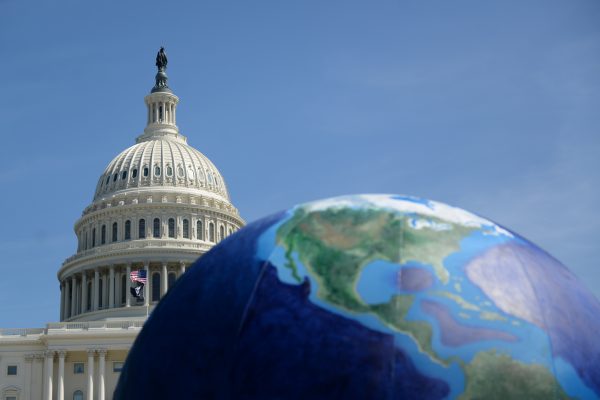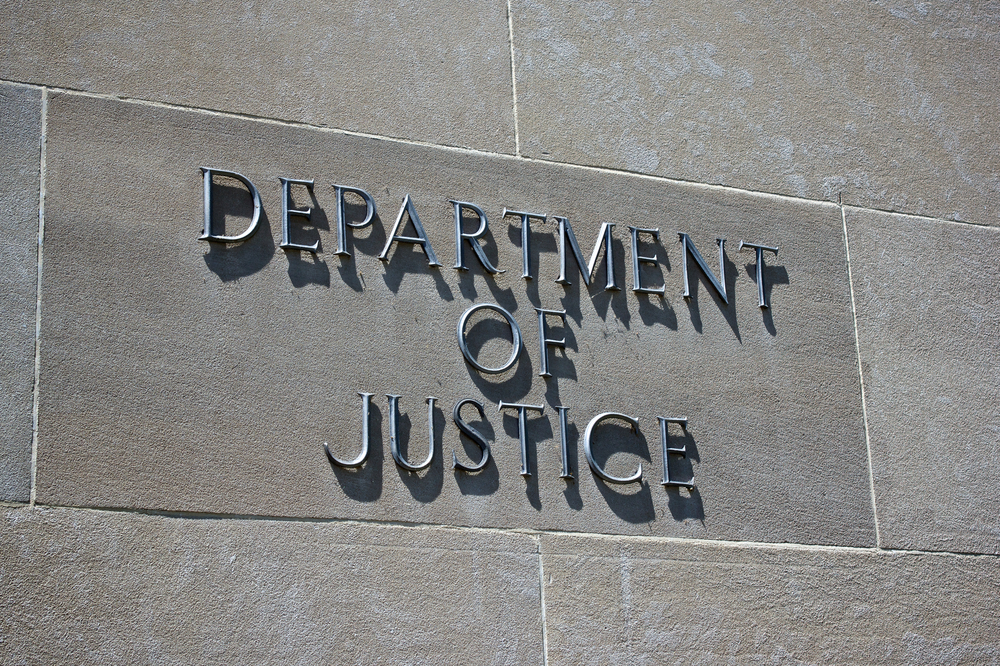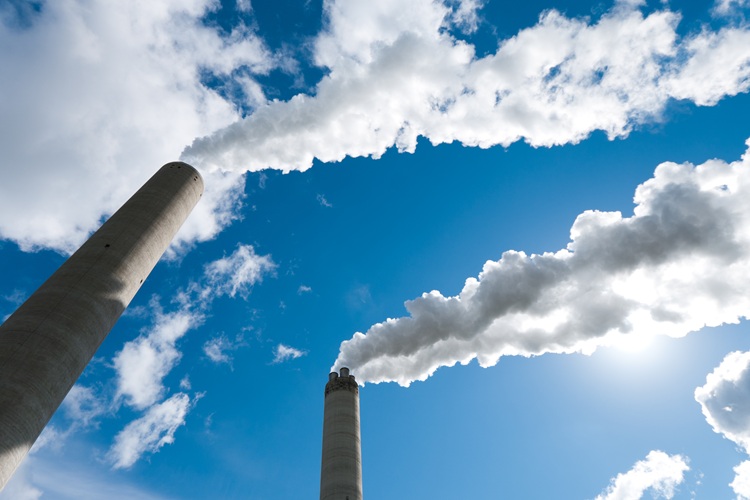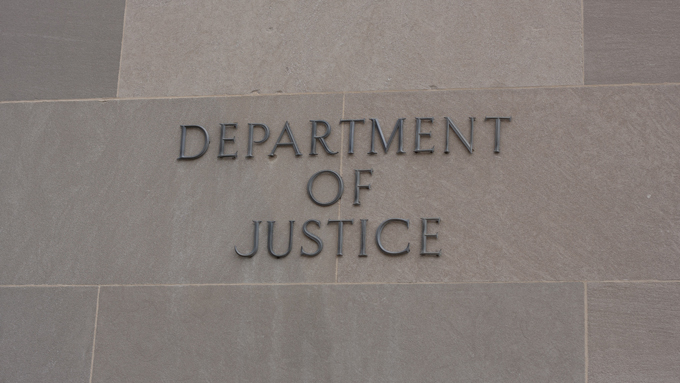Welcome to Our Research Archive
Search and filter by content type, issue area, author, and keyword
- ✕ Clear Filter
- AI (1)
- Article (4)
- Articles (1009)
- book (1)
- Climate (244)
- climate change (1)
- data dashboard (14)
- electricity (3)
- energy (249)
- Events (25)
- op-ed (2)
- Podcast (3)
- Post (2)
- Puerto Rico (1)
- Report (2)
- Reports (17)
- science (83)
- science funding (10)
- science trust (10)
- technology (568)
- testimony (1)
- Working paper (1)

June 16, 2025
The Most Amazing Climate Policy Figure
You’d be hard pressed to find a more fascinating straight line. The figure below is one of the most amazing graphs in all of climate policy.1 It shows the decarbonization of the U.S. economy from 1992 to 20252 — with decarbonization is defined as the ratio of carbon dioxide emissions (from fossil fuels) to GDP (in 2025$). I was…

June 16, 2025
“The Global Fertility Crisis is Worse Than You Think”
The title of today’s post comes from an excellent recent talk in London given by my AEI colleague (and University of Pennsylvania professor), Jesús Fernández-Villaverde. Today I look at the simple math of population projections to clarify the nature of the “crisis” — which is indeed worse than I thought. On X/Twitter, JFV summarized his talk as follows: The…

June 13, 2025
Why the Trump DOJ Should Dismiss the HPE-Juniper Case
The Biden administration’s antitrust agenda was often defined by overreach, weak legal footing, and politicized attacks on successful American companies. Now, in the early days of President Trump’s second term, that legacy risks undermining the new administration’s “America First Antitrust” vision. In early July, Trump’s Justice Department (DOJ) is set to argue its first merger case, challenging…

June 13, 2025
NTIA Streamlines BEAD Program, But Risks Further Delays
On June 6, the National Telecommunications & Information Administration (NTIA) issued its long-awaited overhaul of the $42.45 billion Broadband Equity, Access, and Deployment (BEAD) program. This new policy notice repeals many administrative burdens imposed by Biden-era NTIA oversight and aligns the program more closely with Congress’s original intent. This revised guidance promises to enhance broadband…

June 12, 2025
The Gig Economy Benefits Freelance Workers—Until Regulation Steps In
In recent years, the gig economy has become a lightning rod for political debate. Lawmakers and activists warn that Uber drivers, online freelancers, and other contract workers are trapped in a precarious labor market—competing against one another for jobs, lacking benefits, and excluded from basic workplace protections. California has led efforts to regulate this space,…

June 11, 2025
Whose Experts?
In an op-ed yesterday in the Wall Street Journal, Robert F. Kennedy Jr., Secretary of the Department of Health and Human Services (HHS), announced that he was sacking all of its members of “to re-establish public confidence in vaccine science.” He explained: [W]e are taking a bold step in restoring public trust by totally reconstituting the Advisory…

June 11, 2025
Why New York’s New AI Legislation Is Problematic
The goal of New York State’s Responsible AI Safety and Education (RAISE) Act—protecting people from AI harms—is admirable. But by assuming that AI models themselves are the key leverage point for ensuring safety, RAISE risks turning a technical challenge into a bureaucratic burden. Authored by State Assemblymember Alex Bores, the RAISE Act applies a list of requirements…

June 11, 2025
Pew Survey Shows Growing Skepticism Toward Federal Censorship of Online Speech
A recent Pew Research Center survey suggests slightly more public support––albeit still far from optimal––for a robust online marketplace of ideas in which the federal government and technology companies refrain from policing falsities. Conducted more than a month after Donald Trump retook the Oval Office, the survey queried 5,123 Americans. The findings put light tailwinds…

June 9, 2025
A Note on Roger Pielke Jr. and Extreme Greenhouse Gas Scenarios
My AEI colleague Roger Pielke Jr. posted some useful observations recently on the politicized use of extreme greenhouse gas (GHG) scenarios for purposes of the usual climate scaremongering and support of policies that I would describe as ideological opposition to fossil fuels. Roger takes particular aim at an extreme scenario called “Representative Concentration Pathway 8.5,” which Roger…

June 9, 2025
Let the Market Work
The Trump administration is trying to fix a market that isn’t broken—and in doing so, it risks breaking the parts that are working just fine. That’s the irony at the heart of the Department of Justice’s (DOJ’s) proposed remedies in its antitrust case against Google. Following the lead of the Biden DOJ, the Trump DOJ…